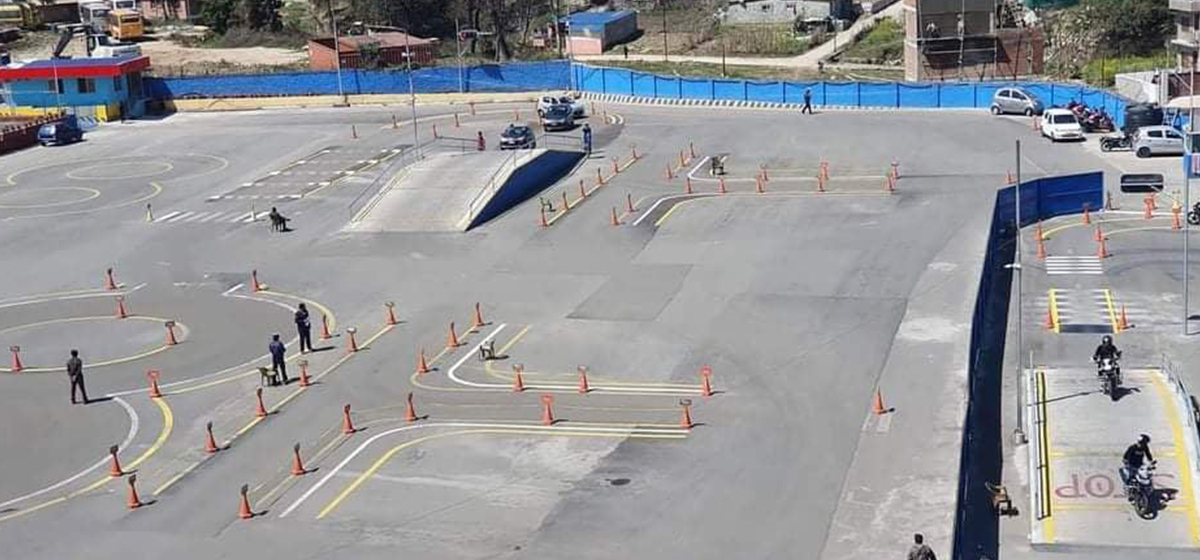Nepal’s first female Prime Minister, Sushila Karki, has assumed office during one of the most stressful and challenging periods in the nation’s history. Her rise did not come through an election but as the outcome of massive Gen Z protests that toppled the KP Sharma Oli government and forced the dissolution of the House of Representatives.
These protests—and Karki’s subsequent appointment—were a direct rejection of corruption, misgovernance, political oppression, and what many saw as a system gone astray. A tough-talking former Chief Justice, Karki now heads a caretaker government that must stabilize the nation, restore confidence, and guide Nepal towards elections while safeguarding the federal democratic republican system.
She was appointed under Article 61 of the Constitution—a rare move, since the article typically outlines the powers of the Head of State, not the election of a Prime Minister. President Ram Chandra Paudel justified the decision by citing his duty to safeguard the Constitution and the unity of the nation.
Expectations are enormous. Youth demonstrators and the broader public demand justice for those killed during the protests, along with the prosecution of power brokers and leaders who for years have remained above the law. Karki must ensure accountability, but she will also need support from traditional parties to conduct elections within six months, by March 5, 2026.
US, Taliban scramble to rewrite draft on troop withdrawal

To succeed, she will need to balance courage with political finesse. Should she fail to deliver credible results, she risks a backlash from the very groups that propelled her to power. Meanwhile, her decision to dissolve the House of Representatives—one of Gen Z’s key demands—has drawn objections from traditional parties, which may obstruct her efforts as she begins governing with a new cabinet.
Restoring order is another pressing challenge. Oli’s heavy-handed rule left public resentment at its peak. Karki must demonstrate that law enforcement can maintain security without trampling rights. Her judicial background may help her strike this balance and convince citizens that the Constitution is being upheld.
The economic toll of the protests is also significant. Businesses reported staggering losses, with the Hotel Association estimating damages of around Rs 25 billion in just two days. Shops were looted, thousands lost jobs, and government offices were destroyed. Relief, compensation, and rebuilding measures—along with economic stimulus—must arrive swiftly.
Her success will depend largely on forming a new cabinet that includes Gen Z leaders, anti-corruption activists, and cooperation from state organs like the Army and police. Some veteran politicians have already pledged their support, which may buy her the time needed to stabilize the economy and prepare for elections. Delivering justice, restoring calm, and rebuilding public trust could make Karki’s short tenure a turning point in Nepal’s democratic journey.
Karki’s appointment has also captured global attention. India, the UK, the UN, and other international partners have welcomed the interim government, hoping it will bring peace and stability. They will be watching closely to see if Nepal can hold credible elections and avoid further chaos. At the same time, Karki must ensure that Nepal’s sovereignty is not undermined.
Her integrity as a former Chief Justice is both her greatest strength and potential weakness. Politics requires compromise, and every concession she makes will be scrutinized by a public that sees her as a principled figure. A single misstep could damage the trust that elevated her to this role.
From her early days as a lawyer in Biratnagar to becoming Nepal’s first female Chief Justice in 2016 (2073 BS), Karki built a reputation for boldness and independence. She was impeached by the NC, UML, and Maoist parties after issuing rulings that displeased powerful interests, though the motion was later withdrawn. Her decisions included removing the then-powerful CIAA chief Lok Man Singh Karki and convicting former Congress minister JP Gupta for corruption—acts that cemented her image as a fearless defender of justice.
Today, Prime Minister Karki carries the hopes of a frustrated generation and a weary nation. She has the chance to reset the relationship between government and citizens, punish corruption, and lay the foundation for a more transparent, accountable, and democratic future. The coming months will be difficult, but they will determine whether Karki’s tenure marks the beginning of lasting transformation—or just another fleeting chapter in Nepal’s troubled politics.




































